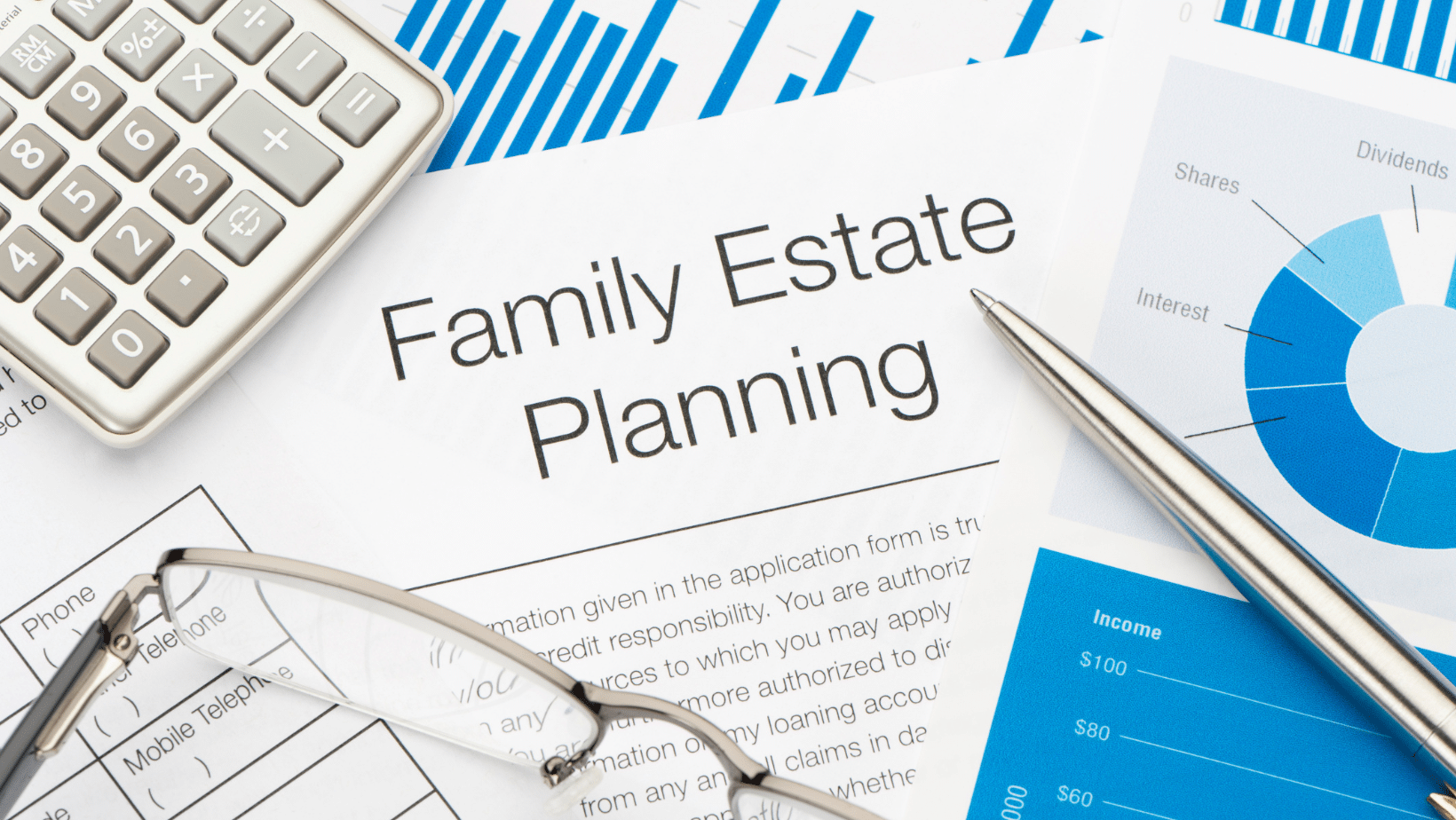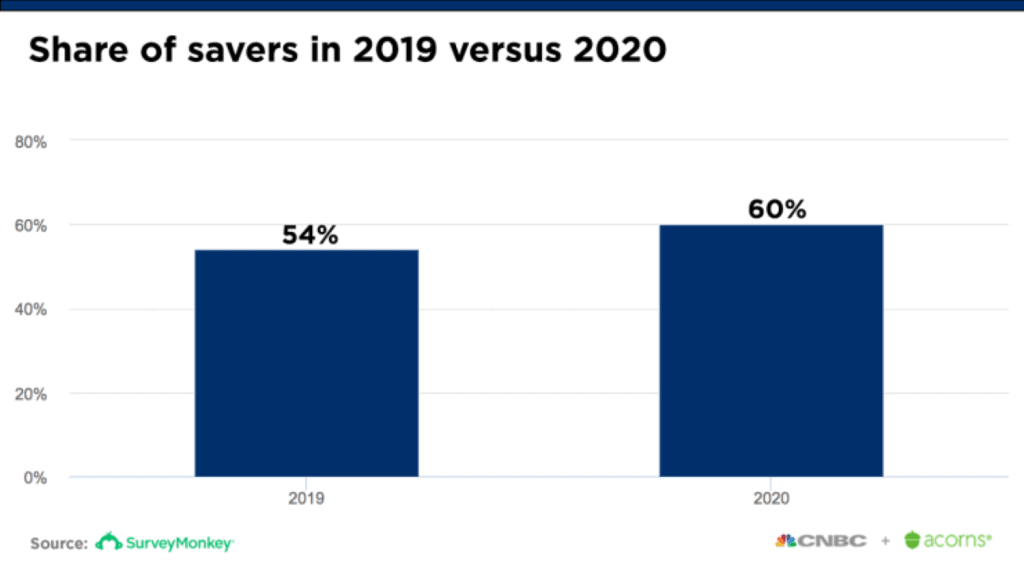When you sign up for a credit card, you are often assigned a credit limit when that account is opened. These limits typically start at $200 and go up to tens of thousands of dollars. With so many people out of jobs and finding it hard to make ends meet these days, credit cards have become a necessary resource to pay for things that we might not have the money for right now. However, the more you charge on your cards, the closer you may come to hitting that max limit. If you do hit that amount, you are likely to get hit with over-the-limit fees. Before you decide to use your credit card to pay for necessities, there are alternatives to going over your max before risking having your credit limit cut or incurring unnecessary fees.
Can You Go Over Your Credit Limit?
Yes, you can go over your credit limit, but there’s no surefire way to know how much you can spend in excess of your limit. Card issuers may consider a variety of factors, such as your past payment history, when deciding the risk of approving an over-the-limit transaction. Any approved transactions above your credit limit are subject to over-the-limit (or over-limit) fees. This credit card fee is typically up to $35, but it can’t be greater than the amount you spend over your limit. So if you spend $20 over your limit, the fee can’t exceed $20.
Due to the CARD Act of 2009, over-limit fees can’t be charged without your consent. As a result of these regulations, most card issuers have done away with over-limit fees and the default for any transactions over your credit limit may be that the transaction is simply denied.
If you do consent to a one-time over-limit fee, you can change your mind and opt-out at any time. However, in doing so, your card issuer will likely decline any purchases you attempt to make over your limit. Even if you opt-in to over-limit fees, transactions exceeding your credit limit may still be denied.
Should You Go Over Your Credit Limit?
While spending over your credit limit might relieve some short-term problems, it can also cause long-term financial issues, including fees, debt and damage to your credit score. The best practice is to try to maintain a low credit utilization rate – avoid maxing out your card and spending anywhere near your credit limit. If you do go over your limit, you should sit down and consider why it happened in the first place and review your budget. You should figure out what purchases caused you to spend more and whether you can make any changes to your spending habits.
Alternatives If Your Credit Limit Is Low
For those that may have a low credit limit or if your credit limit recently got cut, there are some options to ensure you don’t max out your spending. If you’ve had a low credit limit for a while and currently have a stable job, you may want to request a credit limit increase. This can be a good idea if you have good credit (scores 670 to 739) or excellent credit (scores 740 and greater) or if you haven’t updated your income in a while and make more money than what’s listed. Your card issuer may pull your credit report for this request, which may cause a small, temporary ding to your credit score.
However, if your credit limit was reduced, you may want to consider other options. Cardholders with good payment history and a stable job should call their card issuer and ask for reconsideration. You should ask why your credit limit was cut, explain that your account is in good standing and that you have a stable source of income to pay off your bill. This may shed light on why your limit was lowered and potentially result in your credit limit increasing — though there is no guarantee. Rather than asking for a credit limit increase on the card that had a reduction, you may want to consider any other cards you have instead. If you have three credit cards and one got the limit cut, see if you can get an increase on one or both of the other two,
If you have a history of missed payments or maxing out your cards, you are likely not a good candidate for reconsideration and don’t want to draw attention to yourself. Therefore, if you fall into one of these categories, it’s best to not try to request a higher limit.
When To Apply For A New Credit Card
Cardholders with only one credit card and a low credit limit may want to consider opening a new credit card, but should be aware of any potential risks. For starters, if you were recently laid off or faced a reduction in income, you may not be in the best position to be approved for a new card, and there’s no sense in adding a new credit inquiry to your credit report if your chances are low. Also, if you have a history of maxing out your card, you should be aware that more credit can lead to more debt. An additional credit limit can be helpful for affording your expenses, but it can also be harmful if you overspend.
Before opening a new card, give yourself clear guidelines on how you’ll use the card and stick to keeping a low credit utilization rate. When it comes time to pay your bill, make on-time payments of at least the minimum every month for all of your cards. If you are able to do so, pay in full so that your credit score will improve and your debt will be minimized. When applying for a new card, check your credit score first to narrow down your options. Then consider cards based on your credit score.
In these tough times, we need to be responsible when it comes to spending and not see going over your credit limit as a choice. If you do need to use your credit cards to pay for utilities, groceries and other necessities right now, make sure you are aware of your max and other options you might be able to work out with the credit card companies before going over your limit. When you do receive those credit card statements, make sure to pay at least the minimum amount each month to maintain a positive credit score. And, make sure you are paying the bills on time to ensure you won’t incur any late fees either. If you have any questions about credit, credit cards or other issues concerning your finances, please contact us. We are all in this together and we’re here to help!










